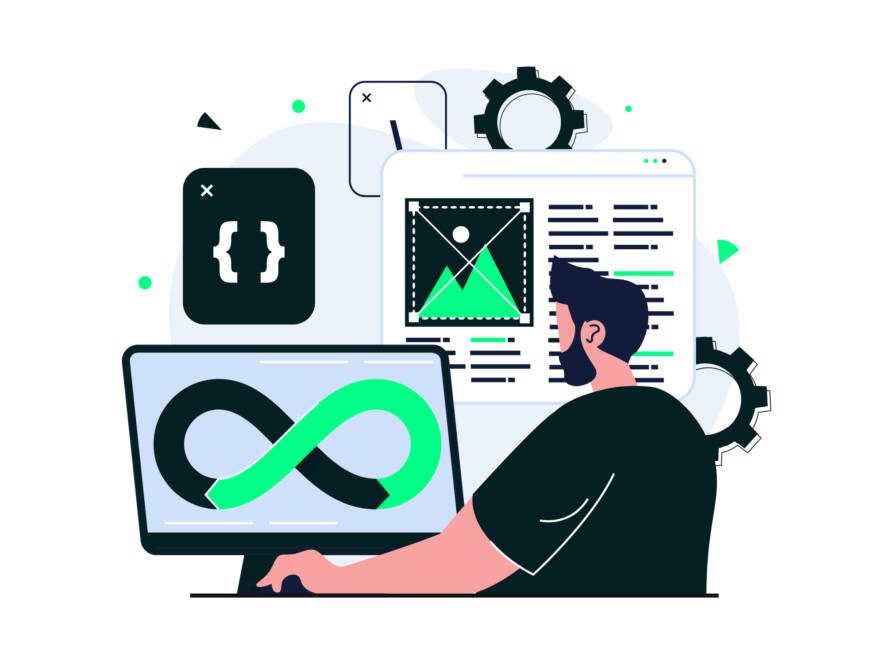In the fast-paced world of e-commerce, a well-designed website is no longer a “nice-to-have” but a necessity. With consumer expectations growing, a clunky or outdated website can significantly hinder conversions and customer loyalty. Here at Loopenly, we understand the impact a redesign can have on your bottom line, and we’re passionate about creating seamless, user-friendly e-commerce experiences that drive sales.
In this blog, we’ll discuss the benefits of an e-commerce redesign, our approach to building user-friendly interfaces, and how this can ultimately lead to higher sales and customer satisfaction.
Why Redesign Your E-commerce Website?
An outdated or poorly functioning website can turn potential customers away and hurt your brand’s reputation. Redesigning your e-commerce website is an investment in improving usability, enhancing customer experience, and increasing conversions.
Here are some tell-tale signs it might be time for a redesign:
- High bounce rates or cart abandonment
- Low conversion rates despite high traffic
- Poor mobile responsiveness
- A confusing or cluttered layout
- Slow load times
The Loopenly Approach to E-commerce Redesign
At Loopenly, we build our redesign strategies around these three pillars:
1. User-Centric Design
Our top priority is creating a user-friendly interface. We start by understanding your target audience and their needs. Through user research and usability testing, we identify pain points in the current design, such as a complex checkout process or hidden product categories, and reimagine these elements to make them intuitive.
With the right UI/UX design, we ensure that every page on your website serves a purpose and offers value. Our designs are created to make navigation easy and enjoyable, ultimately building trust and encouraging repeat customers.
2. Conversion Optimization
A visually appealing website is only effective if it drives conversions. Our conversion optimization strategies focus on reducing bounce rates and boosting sales. This includes designing a seamless checkout process, adding persuasive calls-to-action, and integrating social proof like customer reviews and trust badges.
Loopenly also employs A/B testing to determine which design changes yield the highest conversions. Small changes, such as the placement of a CTA button or the color scheme, can significantly impact user behavior.
3. Mobile Responsiveness
With an increasing number of users shopping on mobile devices, ensuring a mobile-friendly design is essential. A good mobile experience includes fast load times, simplified navigation, and thumb-friendly interactions.
We take a mobile-first approach in all our e-commerce redesigns to ensure that your website provides a consistent, enjoyable experience across all devices, from smartphones to desktops.

